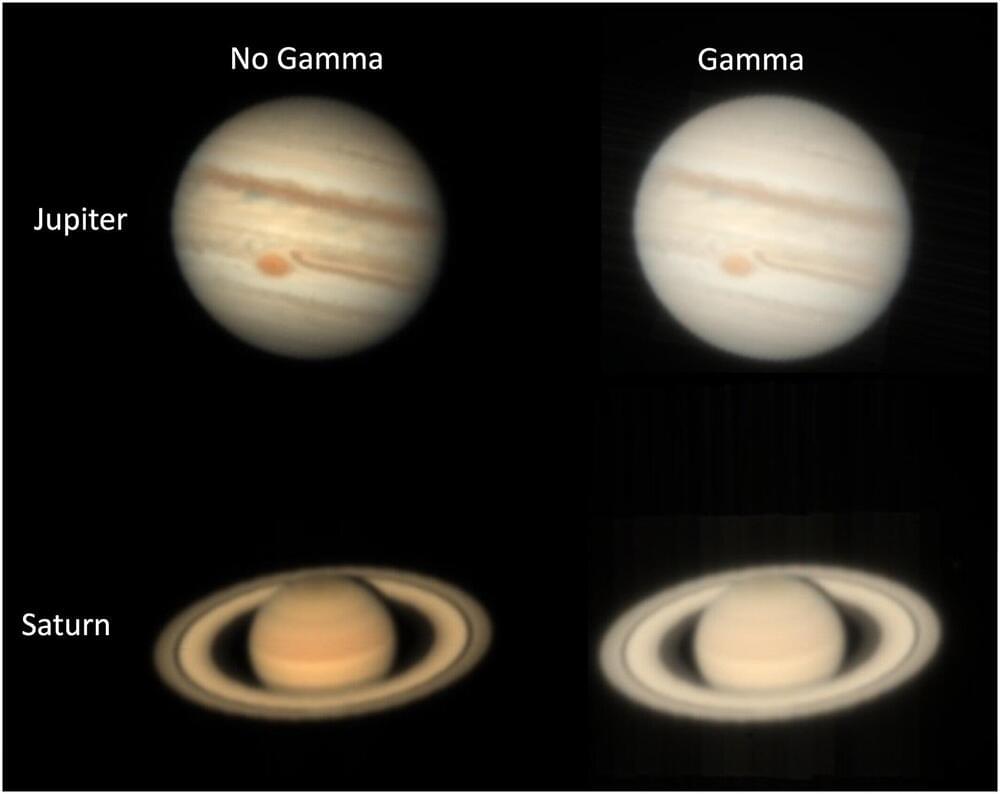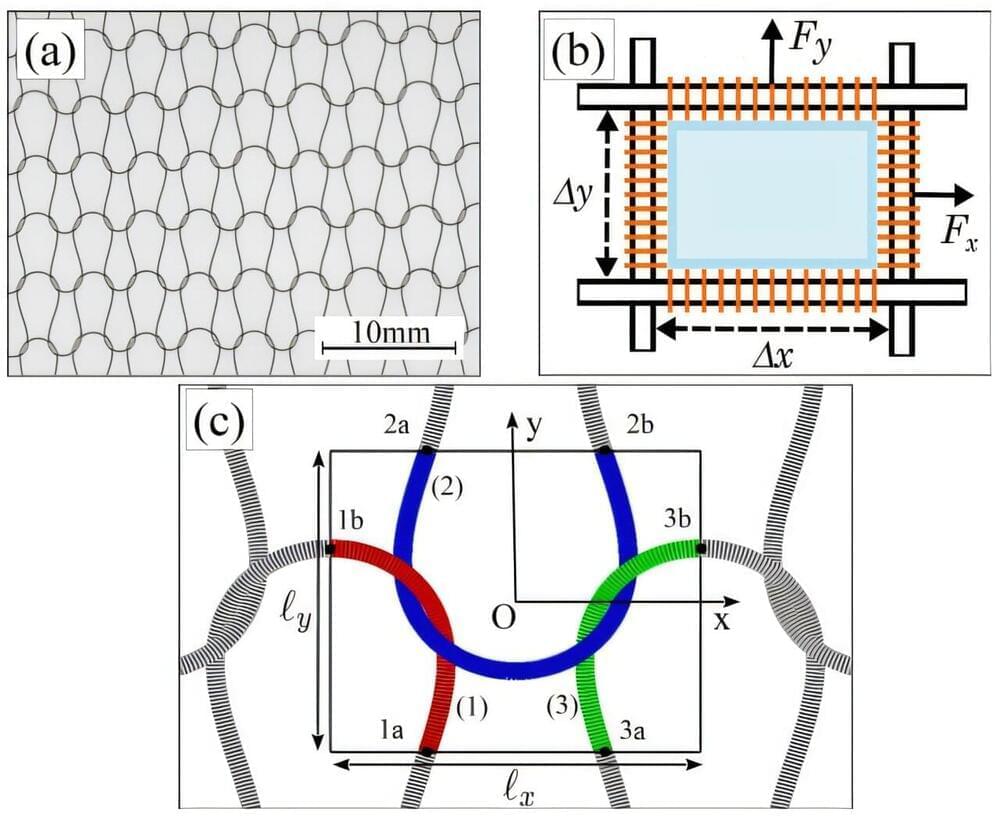Jan 9, 2025
The LZ experiment’s first science run sets new constraints on dark matter interactions
Posted by Saúl Morales Rodriguéz in categories: cosmology, particle physics, science
The LUX ZEPLIN (LZ) Dark Matter experiment is a large research effort involving over 200 scientists and engineers at 40 institutions worldwide. Its key objective is to search for weakly interacting massive particles (WIMPs) by analyzing data collected by the LZ detector, situated at the Sanford Underground Research Facility in South Dakota.
The LZ Collaboration recently released the results of the first experimental run of the LZ dark matter experiment. These results, published in Physical Review Letters, set new constraints on the interactions between dark matter and other particles, which could inform future searches for weakly-interacting dark matter candidates.
“There is no reason to believe that dark matter will interact with regular matter in the simplest way, so it is important to consider more complex interactions,” Sam Eriksen, co-author of the paper, told Phys.org.

















